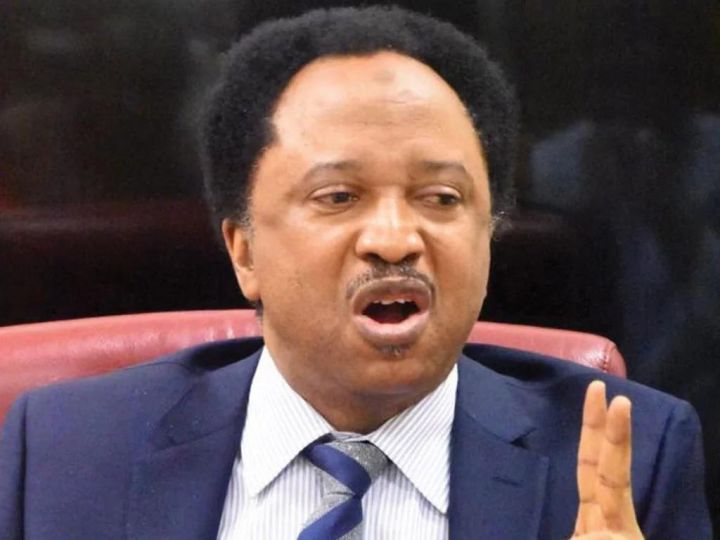Former federal lawmaker and activist Shehu Sani has underscored the rarity of politicians implementing electoral reforms that could potentially lead to their own political downfall.
Sani made this observation during a discussion at the first Roundtable of the Inter-Party Advisory Council (IPAC) in Abuja, which focused on “The Role of the Judiciary in Nigeria’s Democratic Sustainability.”
Sani, who represented Kaduna Central in the 8th National Assembly, reflected on the contrasts between his experiences in civil society and politics.

He suggested that these experiences have provided him with a unique perspective on the integrity, or lack thereof, within Nigerian politics.
Sani lamented the pervasive absence of genuine electoral reform and integrity among politicians, contrasting it with the singular example of former President Goodluck Jonathan.
Speaking candidly, Sani remarked, “Having been involved in both civil society and politics, I have had the opportunity to see both sides of the spectrum.
This dual experience has helped me understand the inherent issues in our political system.”
He highlighted a significant issue: “Our expectations of politicians are often misaligned with reality.
We question why political parties, the Independent National Electoral Commission (INEC), or even the presidency are not seen as the ultimate hope for the common man, as opposed to the judiciary.”
Sani’s critique extended to the judiciary, which is often regarded as the last bastion of hope for the ordinary citizen. He questioned why the judiciary alone is expected to be perfect in an otherwise flawed system.
According to him, there is a need for greater consistency and integrity across all facets of governance, not just within the judiciary.
Sani pointed out the lack of courage among politicians to enact reforms that might jeopardise their positions.
He elaborated, “No sitting president will implement electoral reforms that could threaten their own hold on power, except for Jonathan.”
He praised Jonathan for his exceptional approach to electoral reform, citing his decision to appoint an INEC chairman he had never previously met and his introduction of innovative electoral technologies.
According to Sani, Jonathan’s reforms were notable for their potential to disrupt the status quo. “Jonathan was unique in that he introduced a data capturing machine and was himself captured by it.
This was a bold move, reflecting a rare commitment to genuine reform.”
In his address, Sani also reflected on the broader implications of such reforms for Nigeria’s democracy.
He urged for a more profound and systemic approach to reform that transcends individual instances and addresses the root causes of electoral and political challenges.
The discussion at the IPAC Roundtable highlighted the need for political and electoral systems to evolve beyond incremental changes.
It underscored the importance of a holistic approach to reform, one that involves all stakeholders, including politicians, civil society, and the judiciary.
Sani’s remarks contribute to an ongoing dialogue about the need for more substantial electoral and political reforms in Nigeria.
His critique serves as a reminder of the challenges and complexities inherent in achieving meaningful change within the political landscape.
In summary, Shehu Sani’s observations reflect a deep-seated frustration with the lack of genuine reform among Nigerian politicians.
By contrasting the exceptional example of Goodluck Jonathan with the general reluctance to pursue reforms, Sani calls for a more consistent and courageous approach to electoral and political change.
Support InfoStride News' Credible Journalism: Only credible journalism can guarantee a fair, accountable and transparent society, including democracy and government. It involves a lot of efforts and money. We need your support. Click here to Donate
